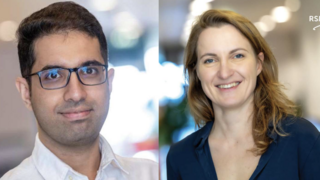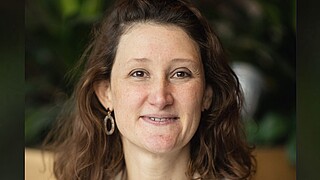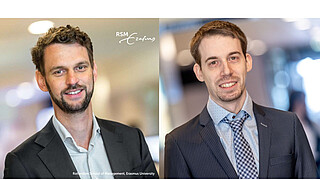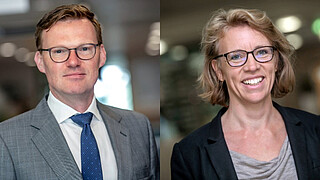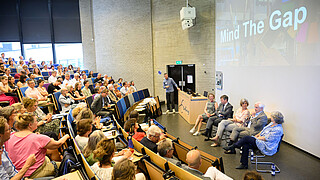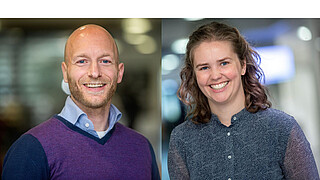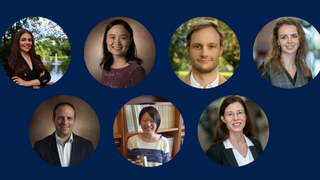The professors explained that it’s well-known that companies perform better when they consider the interests of a broader set of stakeholders and don't just focus on benefiting shareholders. But the interests of these stakeholders often clash. So it can be challenging to maintain fairness and harmony among all stakeholders by managing conflicting interests in a way that is seen as appropriate by everyone.
Balance urgently needed
For managers, it can be one of the toughest challenges to balance the needs of employees, customers, suppliers, financiers, local communities and other stakeholders. Failure can lead to backlashes that hurt companies – and often hurt society too. “Opposition to trade-offs in favour of shareholders can sometimes be fierce – so can opposition to trade-offs in favour of marginalised stakeholders or the natural environment – so this research problem must be addressed urgently,” said Prof. Flore Bridoux.
“Managers are looking for guidance, but researchers can’t provide this guidance yet because we know so little about how to trade off conflicting stakeholder interests to achieve balance.”
Factors that shape reactions
“We don't yet fully understand how managers make these tough decisions or how stakeholders respond to them. To address this gap, we will systematically explore the factors that influence managers' decisions when stakeholder interests are conflicting. We also want to understand the factors that shape how stakeholders react to these decisions,” she commented. Finding out which factors affect these outcomes – and how and why – will take the form of a series of qualitative and quantitative scientific studies. On the basis of these scientific studies, they also plan to create a decision-making tool to help managers balance the interests of all their stakeholders.

